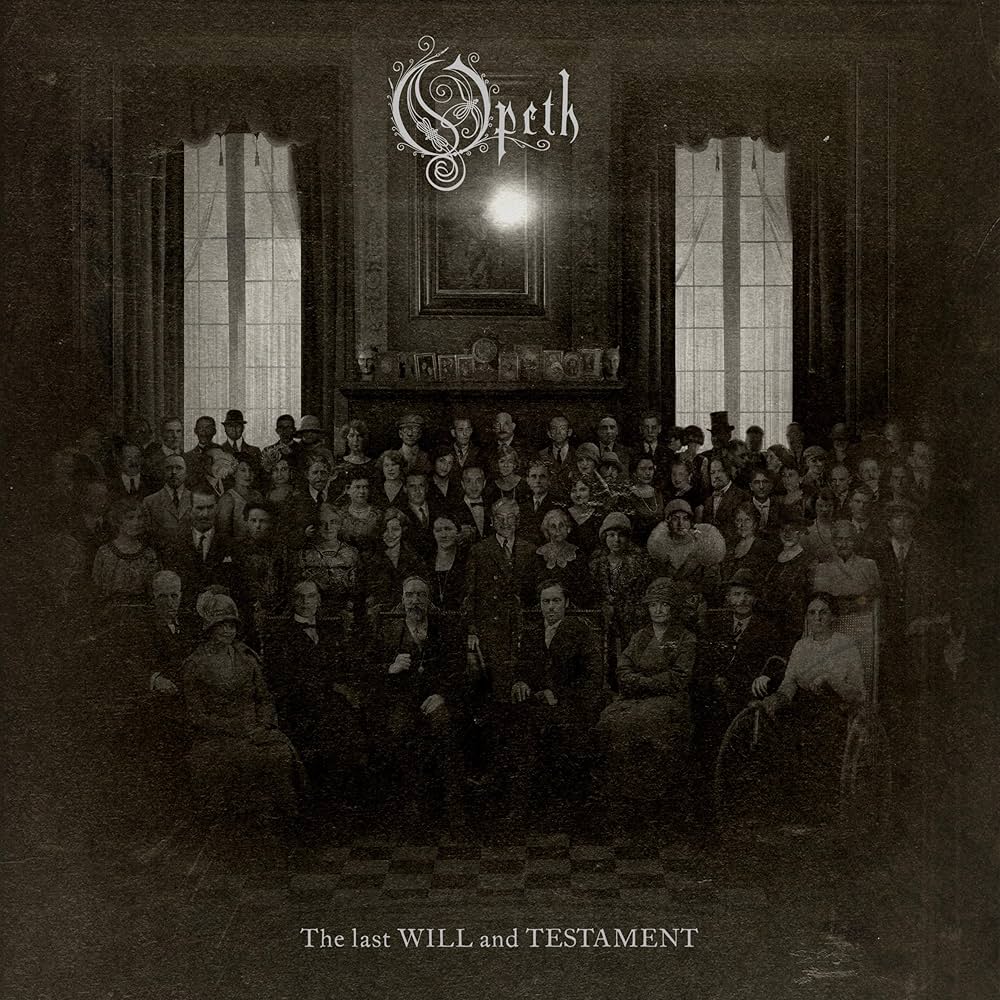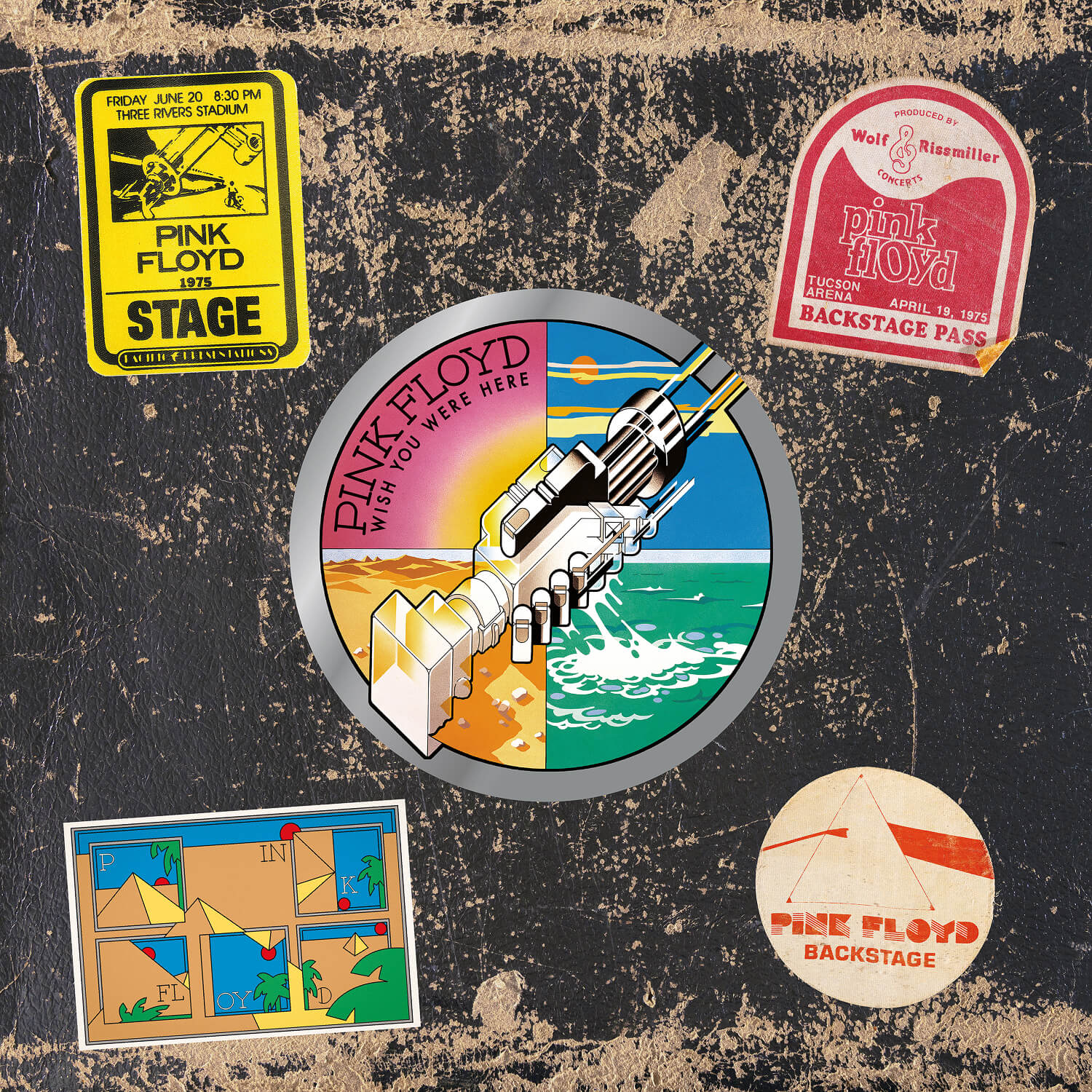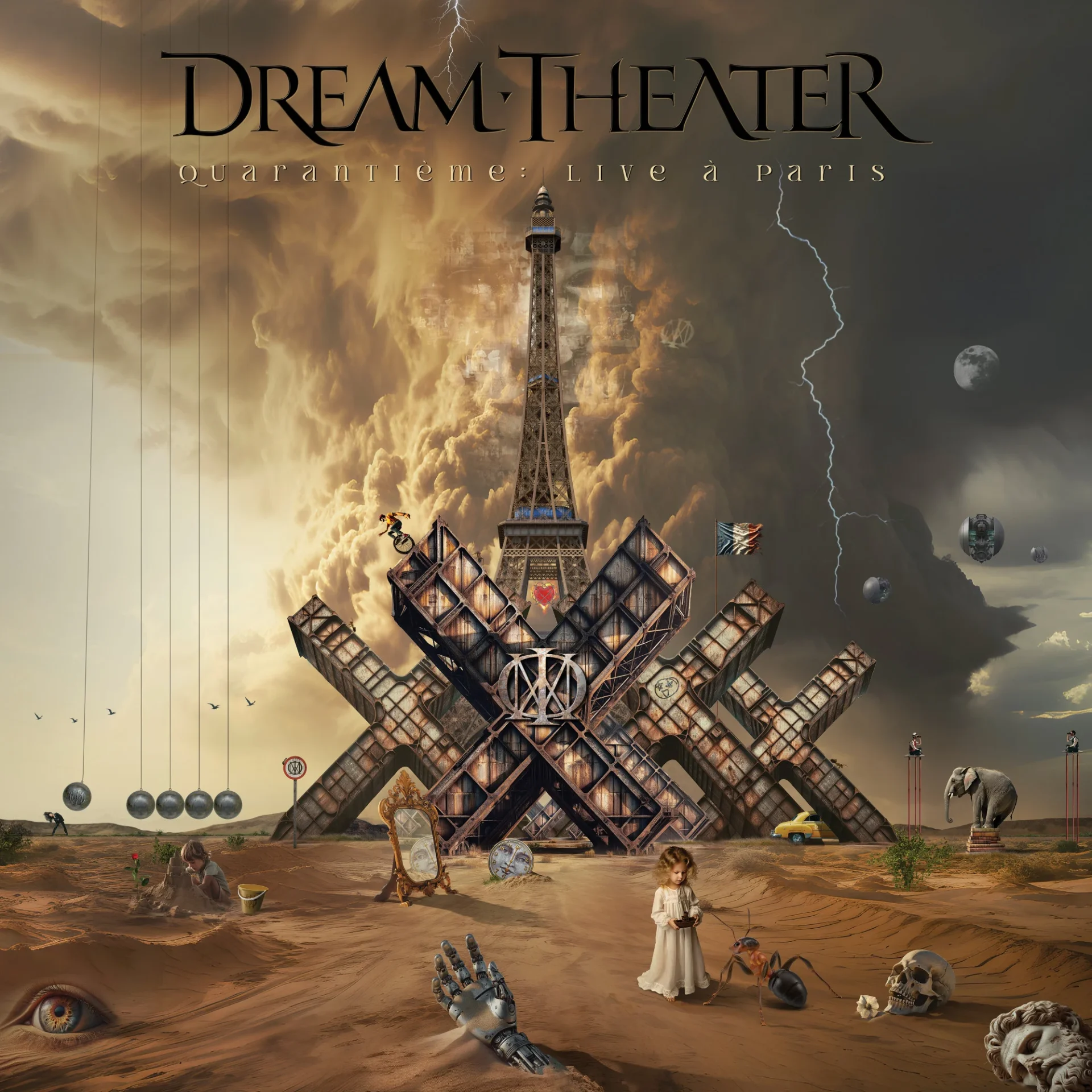The Swedish progressive metal band, Opeth, has released their new album titled “The Last Will And Testament.”
This work stands out for several reasons. Firstly, Mikael Åkerfeldt (lead vocals, guitar, and principal composer) brings back the “death metal” style growls, reminiscent of the band’s early days when their emphasis was on that musical style. This brutal vocal approach alternates with the clean, melodic singing style characteristic of Opeth’s evolution into progressive metal.
Moreover, the album is an intriguing conceptual piece. It revolves around the concept of reading a man’s will. The songs don’t have conventional names but are instead identified by numbers representing the paragraphs of the will.
Regarding this concept, Åkerfeldt explains: “I stumbled upon the idea of putting the whole story as it would’ve been written in a legal document, like a proper old piece of paper with paragraphs like, ‘My daughter will get the country house,’ and things like that, but it’s more like a confession of sorts, where the patriarch reveals secrets about himself, his paranoia and his regrets. And some of these secrets will immediately affect his children in an existential kind of way.”
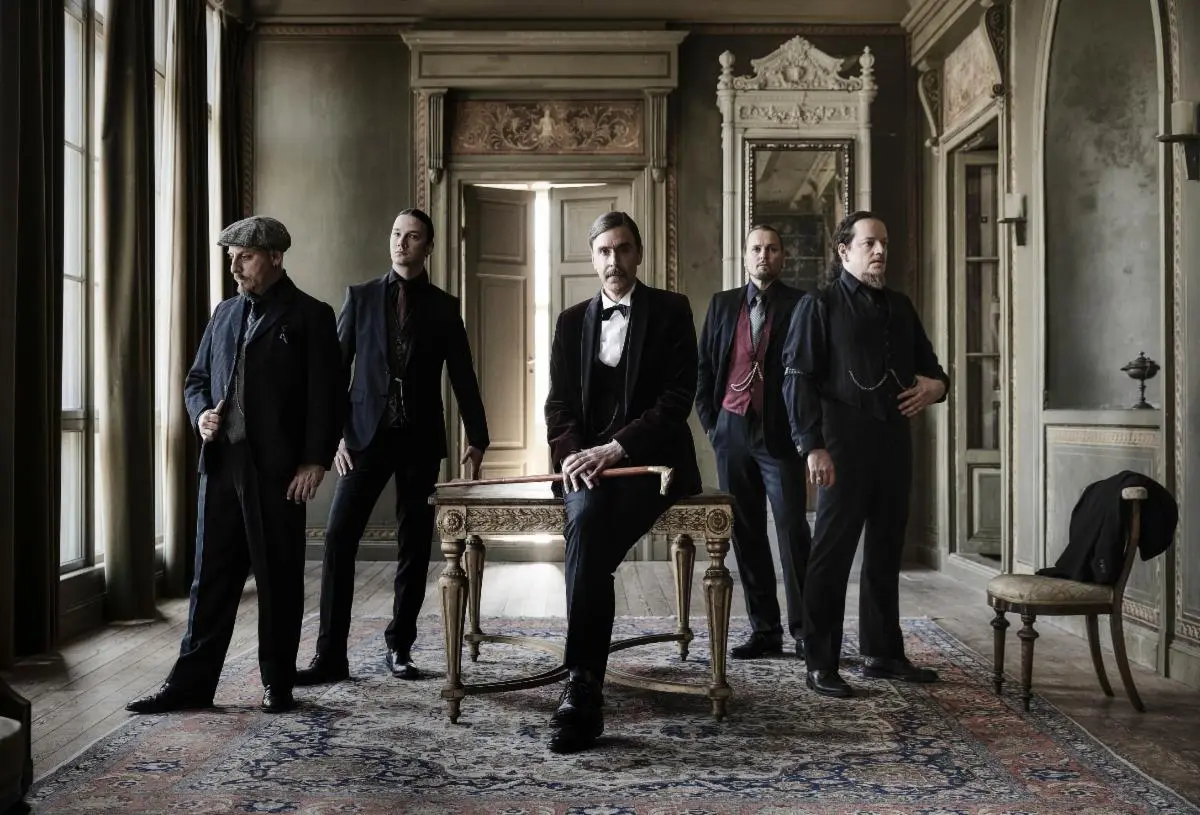
Understanding the will’s reading is essential to fully appreciate the album. This concept, combined with death metal growls and the intense, complex metal music, creates a unique and intriguing atmosphere that flirts with horror, at times evoking a somewhat eerie and macabre feeling, yet always in an elegant manner. It’s a classy sound. After all, Opeth is a top-tier band, and its members know exactly what they’re doing.
Additionally, the album features two guest artists: Joey Tempest, vocalist for the Swedish rock band “Europe,” and, undoubtedly the more recognized of the two, Ian Anderson, singer and flautist from the legendary British progressive rock band, Jethro Tull, who lends his talents on the flute and narrates some parts of the will.
From the outset, there’s a lot to take in. But this pales in comparison to the music itself. How do you begin to describe an album with such elaborate and dense music? It’s music that doesn’t stop its complexity for a second. Be warned, it’s intense progressive metal that will delight any connoisseur of Opeth’s music while also pushing your mind to process a vast amount of musical information.
The only moments of respite from this continuous stream of complex progressive metal come from brief interludes of cleaner, calmer music, though no less complex, which serve as sudden contrasts within the songs. These segments aren’t very long, and being somewhat sporadic, they might initially give the impression that the progressive metal never stops.
On your first listens, the experience might feel overwhelming, so I recommend taking it easy and absorbing the material gradually over several days. In this way, “The Last Will And Testament” reveals the nuances of its beauty and the unique identity of each track.
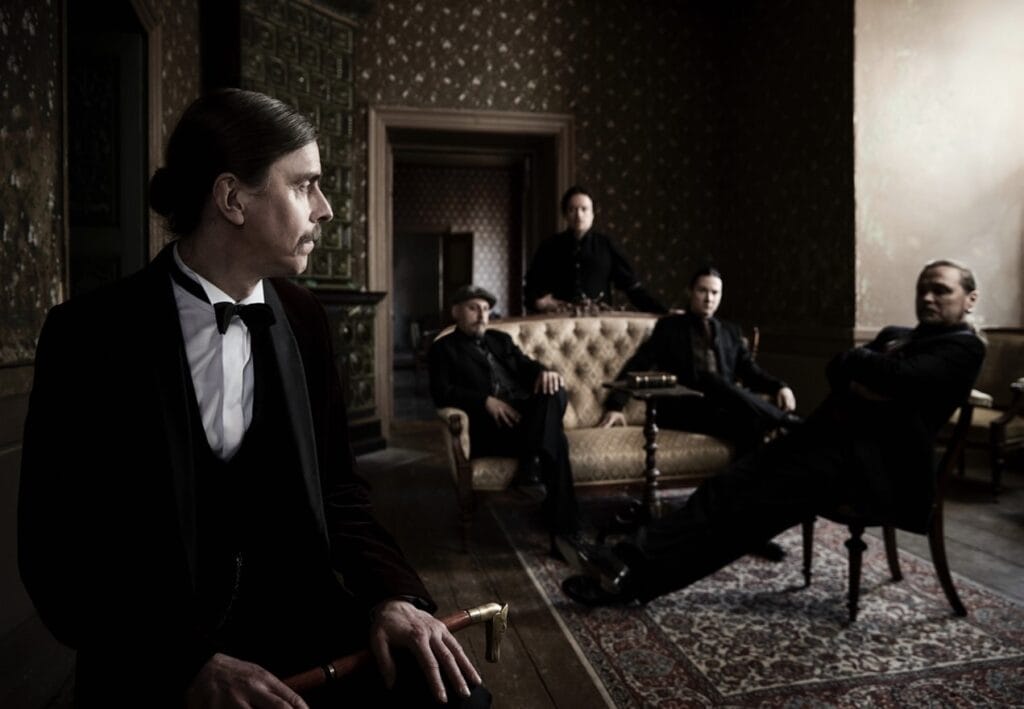
Personally, I’ve never been a fan of death metal, and I started following Opeth when they had already shifted towards progressive metal, so I had my doubts about enjoying, or even tolerating, the death metal growls in “The Last Will And Testament.”
I eventually grew to appreciate them. I came to see the death metal growls as “just another sound,” contributing to the atmosphere the band aims to create. They’re not used all the time but rather to punctuate certain phrases. There’s a good balance between the growls and the clean vocals.
The album concludes with “A Story Never Told”, which stands out as it’s the only song with a title, and it’s a beautiful ballad. An appropriate ending following the brutal intensity that came before.
“The Last Will And Testament” will surely delight all fans of the band, as well as any other progressive metal enthusiast, although some might find the death metal growls a bit hard to enjoy if they’re not used to them. Overall, it’s an excellent album with multiple layers to discover.

